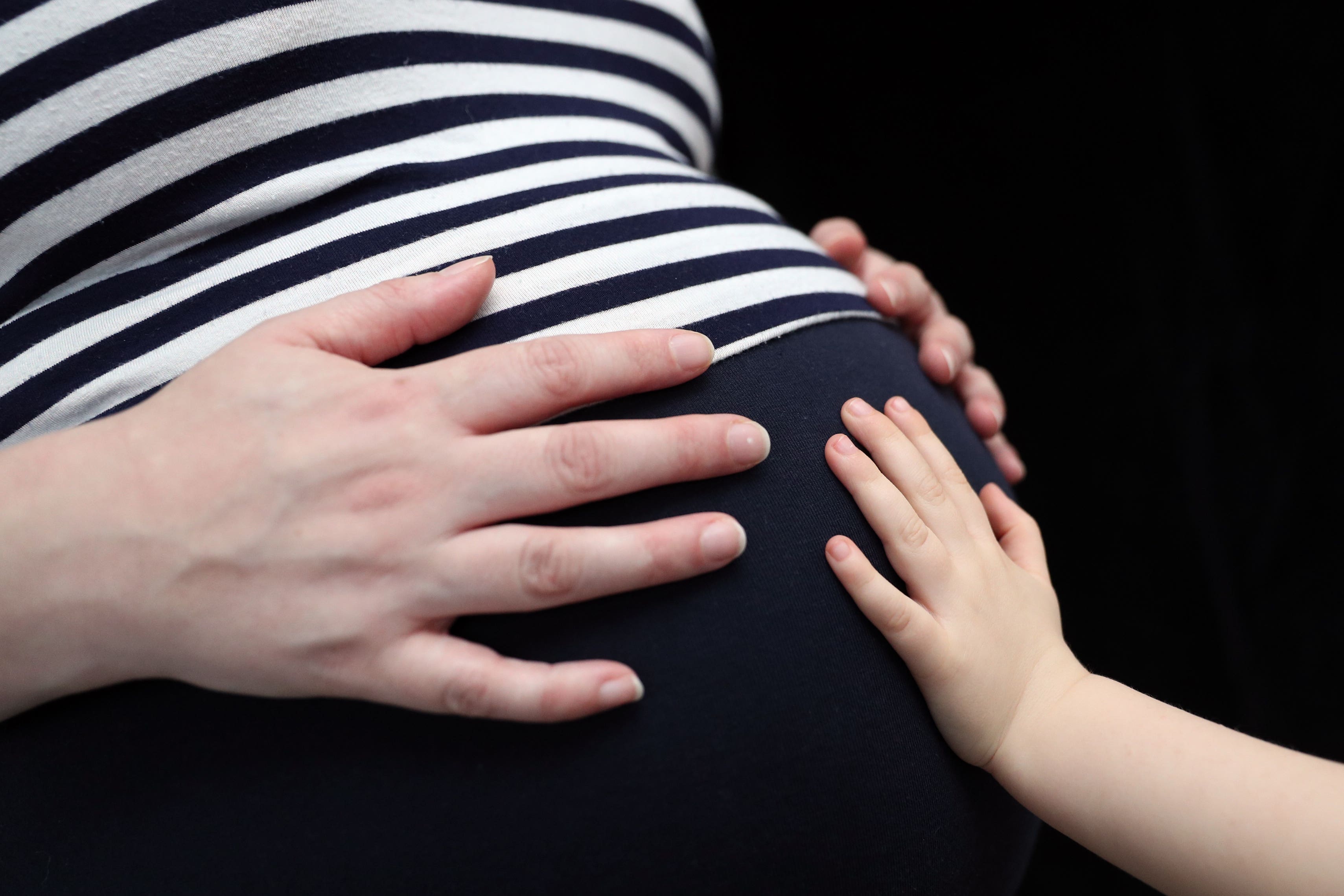Three-quarters of fertility patients are spending money on acupuncture, supplements and drugs that “are not proven to increase the change of having a baby”, the UK’s fertility regulator has found.
About 40,000 people a year wanting to conceive are using at least one additional test, emerging technology or treatment when undergoing IVF or donor insemination treatment, according to the Human Fertilisation and Embryology Authority (HFEA).
These extra treatments can cost up to £1,500, while some mineral and vitamin supplements can cost £25 or £30 for a day’s supply, the survey of 1,500 people revealed.
The HFEA said that the new study was “concerning” because almost all additional tests, treatments or emerging technologies were surplus to fertility success.
The most commonly used extra was additional drugs or supplements. The survey showed 39 per cent of people took supplements such as coenzyme Q10, an antioxidant produced naturally by the body, also found in meat, fish and nuts, which depletes with ageing. Some people say that using it can enhance the quality of the egg.

Almost a third (27 per cent) spent money on acupuncture, others paid for time-lapse imaging and incubation (26 per cent). About 7 per cent of patients used nutritional therapy, nutritionists and dieticians.
The report revealed only half (52 per cent) of patients had the effectiveness explained to them, with fewer (37 per cent) told about any risks linked to add-on care.
The report found that the use of endometrial scratching – when the lining of the womb is scratched before an embryo is implanted – decreased last year.
But pre-implantation genetic testing for aneuploidy (PGT-A) – the checking of embryos for abnormalities in the number of chromosomes – increased from 7 per cent in 2021 to 13 per cent in 2024, even though the HFEA said there is “insufficient evidence” of its effectiveness at improving treatment outcomes.
About 55,500 people in the UK had fertility treatment in 2022. The more cycles of treatment a person has had, the likelier they are to have used an add-on.
While 86 per cent of those who had had five cycles of IVF used an add-on, 62 per cent of those who underwent one cycle did so.
The report also highlights long waits for some patients – particularly those seeking NHS care.
It also points to the number of patients using donor sperm from outside the UK.
Around a quarter of patients had used donor eggs, sperm or embryos in treatment.
Patients who sought donor sperm were slightly more likely to be treated using sperm imported from overseas, with 51 per cent coming from abroad.
Most cited increased choice and more information about the donor as the reasons why they chose foreign sperm.
The HFEA said that in the UK one donor’s sperm can only be used to create up to 10 families, but the 10-family limit does not apply abroad.
Julia Chain, chairwoman of the HFEA, said: “It’s disappointing to see a significant number of patients are still using add-ons and emerging technologies, and particularly disappointing that only half of patients had the effectiveness explained to them, let alone the risks.
“We regularly remind clinics that, according to our Code of Practice, they must give patients a clear idea of what any treatment add-on involves, how likely it is to increase their chance of a successful pregnancy, cost, risks, and link to our public ratings system.
“We will continue to remind clinics about improving clarity and communication for patients.”
The report also found that most patients began treatment seven months to a year after first seeing their GP about their fertility problems. But 16 per cent of patients waited over two years.
NHS-funded patients reported longer wait times in starting treatment compared to those who paid privately.
Some 53 per cent of private patients started treatment within a year compared to 35 per cent of NHS patients.
The regulator said that its data shows that the number of NHS-funded treatment cycles is falling, and stood at just 27 per cent in 2022.
Ms Chain added: “We are also concerned that NHS-funded patients are waiting longer than self-funded patients to start fertility treatment.
“The delays faced by NHS patients highlight ongoing issues relating to the provision of specialist care for women.
“As part of our response to the Government’s 10-year plan, we want to see a much shorter time for patients to begin fertility treatment once they have received advice or a referral from their GP.”



